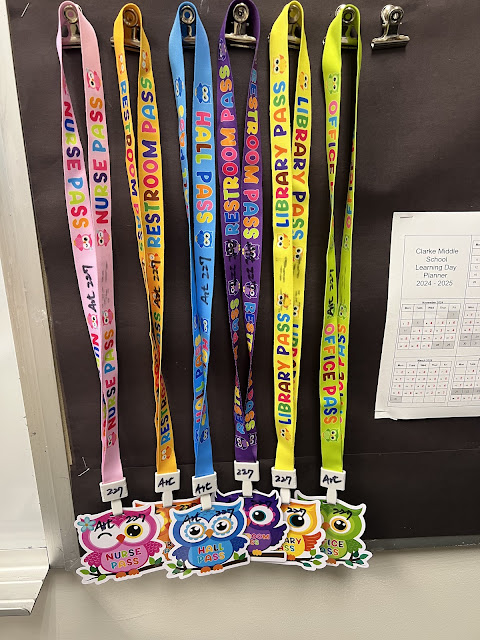Welcome to Ms. Hsieh's Art Room
Leave your binder on the carts by the windows!
Look for your assigned seat from the projector!
Sign in to Google Classroom
Answer My Idea Art Class Experience Questions
Create a portfolio - Class Code and Name
Be polite: Thank you, Ms. Hsieh
B. A. R. K.
Why do we learn?
How do we learn?
How are the class rules created?
The bravery of doing the right thing- follow the class rules
Artistic thinking- be creative and have problem-solving skills
Reach your best potential from your pure heart
How can we maintain a positive flow in our surroundings?
How do we transform negative energy into positive?
Keep the positive flow- be helpful to own your actions




















